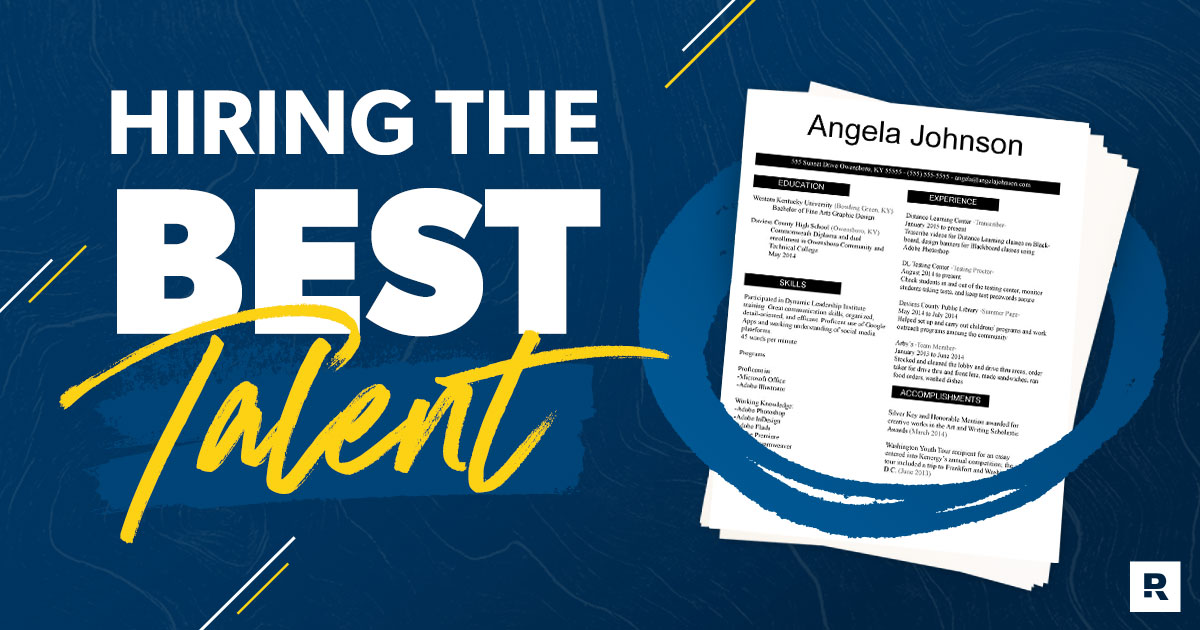Imagine someone you trust recommending a candidate for your company who’s not only perfectly suited for a key opening on your team, she also happens to be seeking a new position. You’d be ready to interview her today right?
Sure! But what if she’s never heard of your company and has no idea what you’re all about? What if the hiring manager for that position doesn’t have the time or training resources in place to hire her anytime soon?
No matter how well her skills and personality seem to fit the job, unless you’ve done the advance work to address those issues, your chances of recruiting her are at risk.
Recruitment vs. Talent Acquisition
How does your goal of recruiting the best available talent to your team fit in with your company’s broader vision? To answer that, you need to see the difference between talent acquisition and simple recruitment.
Recruiting is finding candidates then screening and interviewing them. But talent acquisition (TA) looks at a candidate’s skills, experience and knowledge and asks how those fit in with your company’s entire culture and strategic plan.
Careful recruitment remains an important goal in hiring, but it won’t guarantee you’re hiring the best candidate time after time. To bring world-class talent to your team on a consistent basis, you need a TA system with a wider outlook than mere recruitment.
There are several TA questions your company should address before recruitment of the perfect candidate even begins:
Company Culture
What’s your brand? Taking the time to think through how you’re seen in the marketplace and whether that image matches your vision is key to drawing and retaining top talent.
Strategic Planning
As you make hiring plans, be sure the job opening aligns with the goals of the department taking on the new employee, that it fits your budget, and that the job market offers a realistic chance of hiring someone great for the position.
Key Results Areas
Before posting the position, you’ll need a detailed description of what the employee will be doing and exactly what you’re expecting from him. What specific results would thrill you and your hiring manager?
Where to Look
Where can you reach your ideal candidates? Have you been filling certain positions from a particular age group or level of experience? You can expect online posting to play a big role in some recruiting, such as tech-centered positions. But if you’ve found internal recommendations land superior hires for some departments, stick to what’s been working.
Welcoming Applicants
Every aspect of the candidate experience reflects on your organization, and that goes for those you hire as well as those you don’t select. When you are intentional about building strong relationships with candidates throughout recruitment, top talent will flock to your company.
Recruitment is big, but it’s just one part of the ongoing search for exceptional talent. Be sure to keep your company’s whole long-term TA strategy in mind as you pursue the best people for your team.


